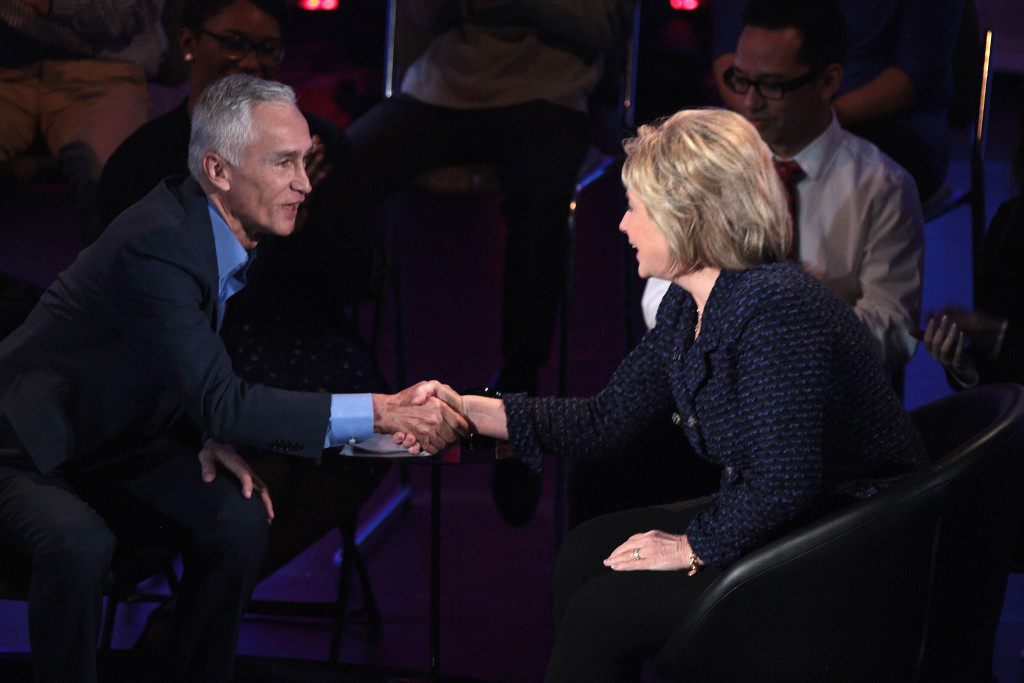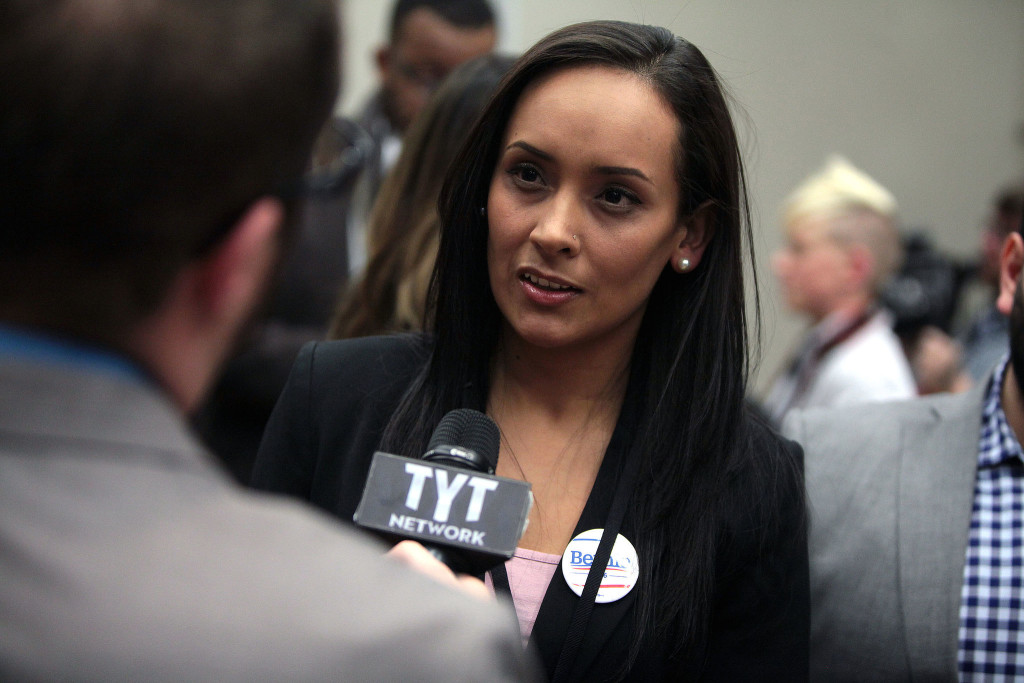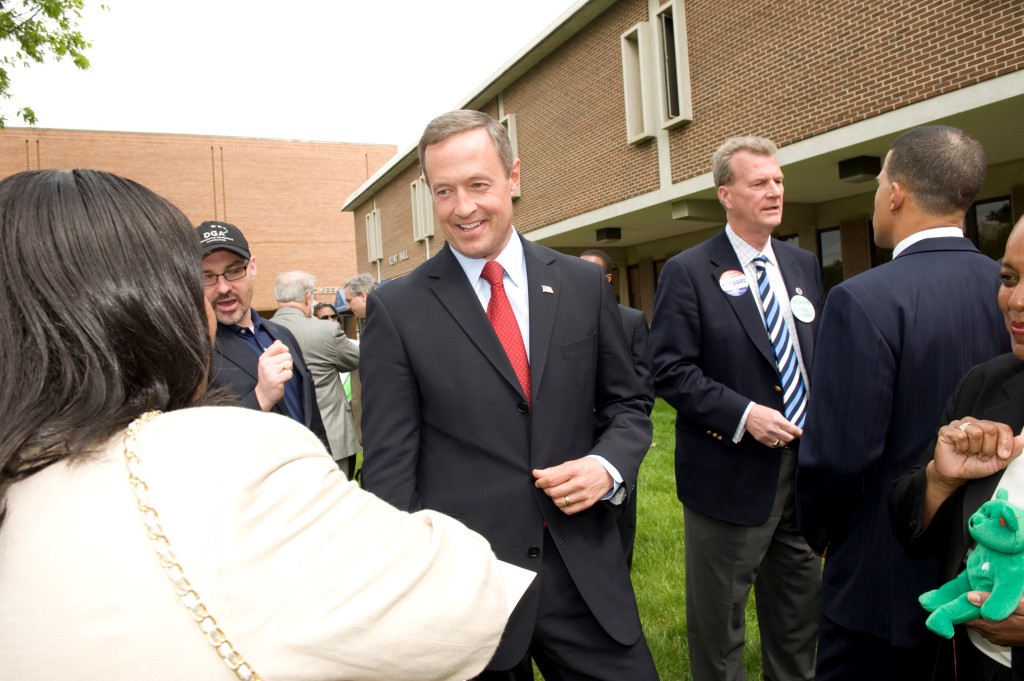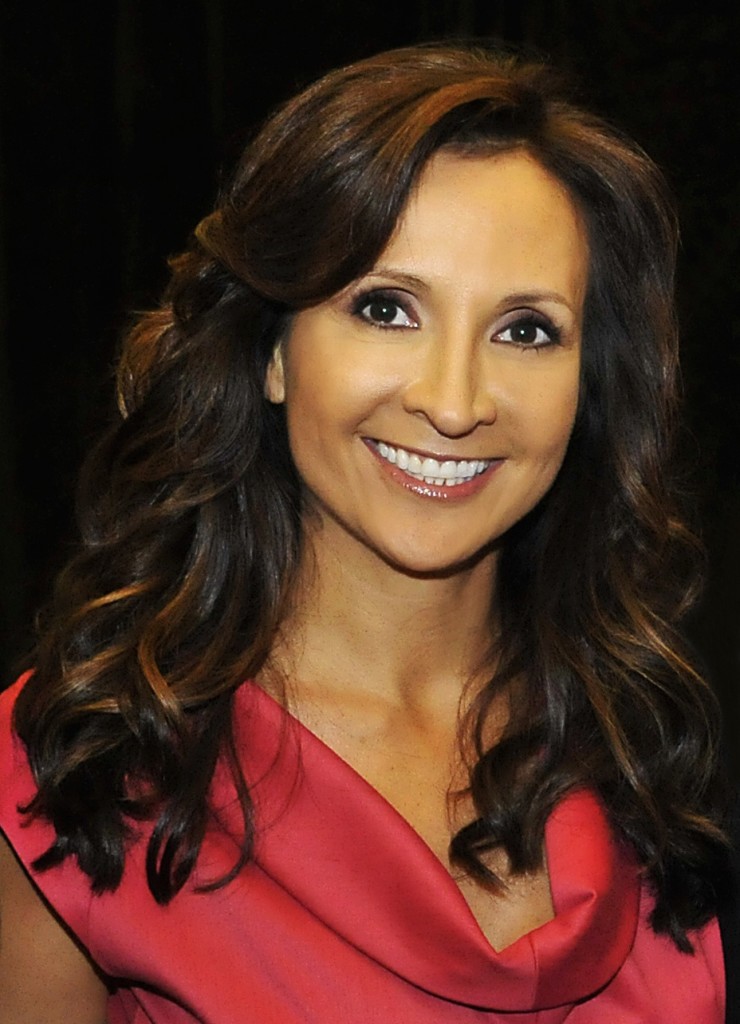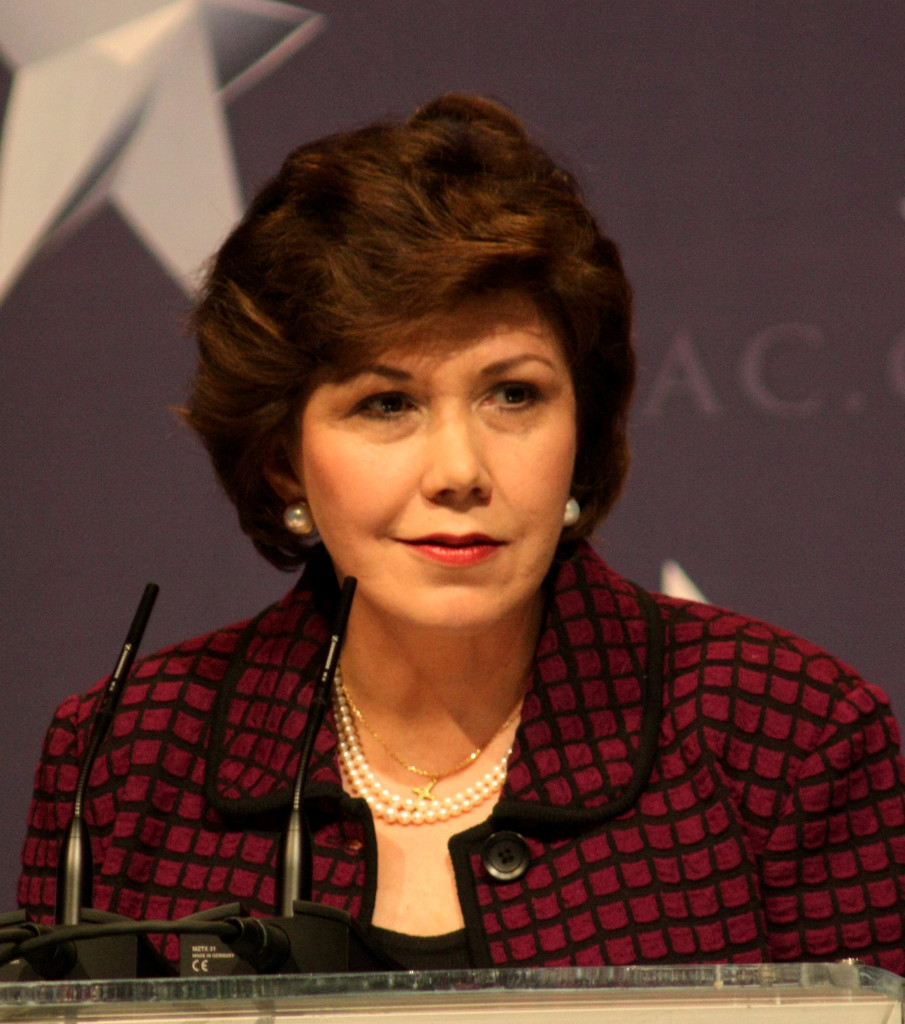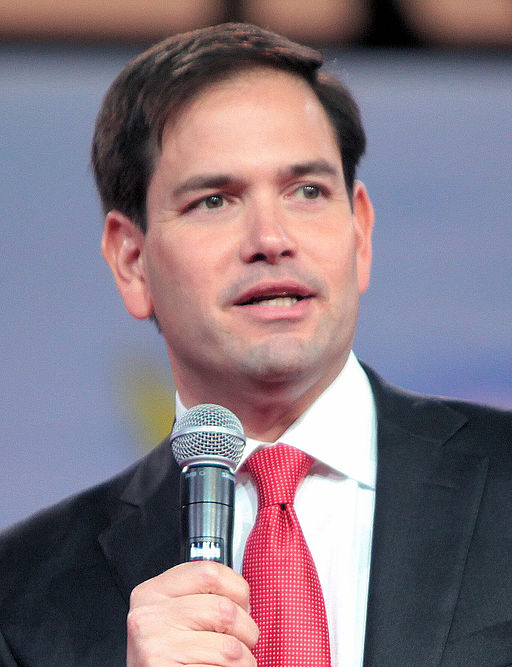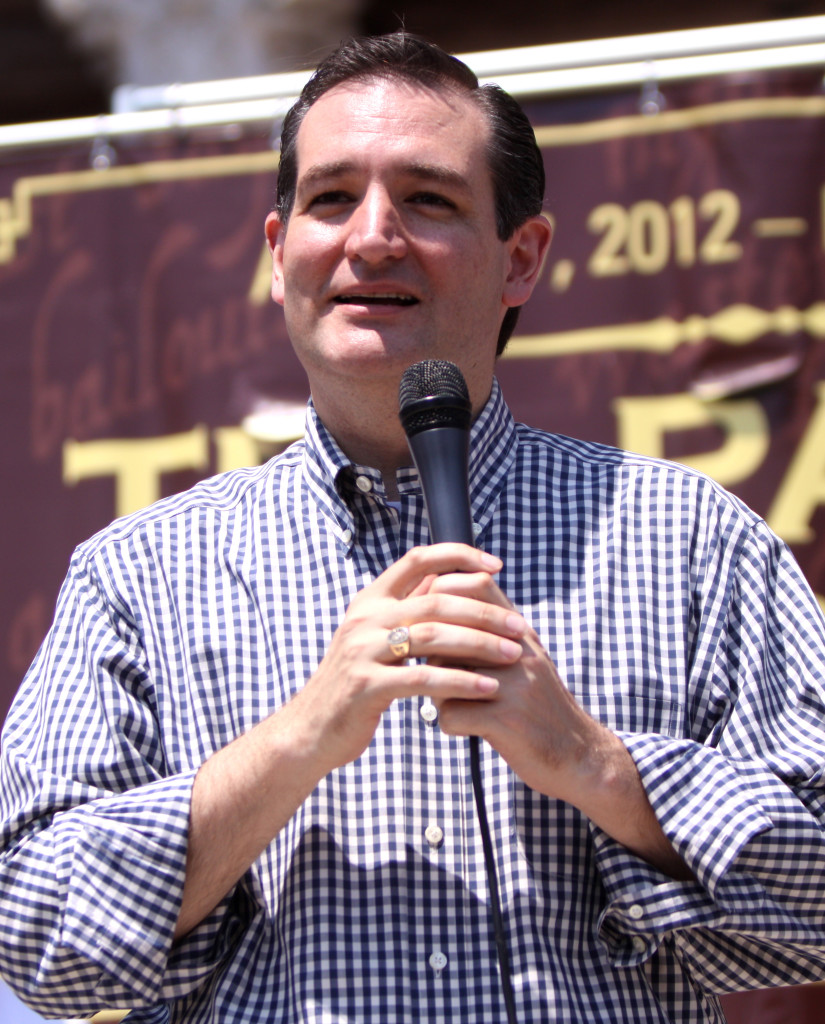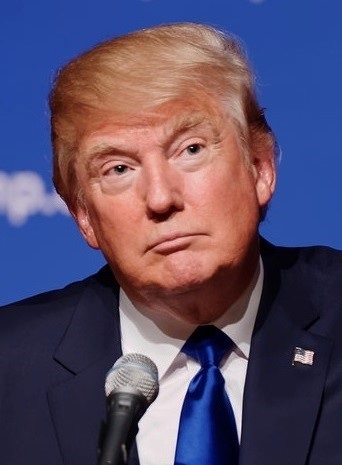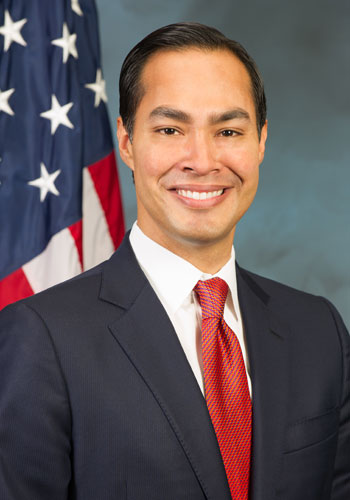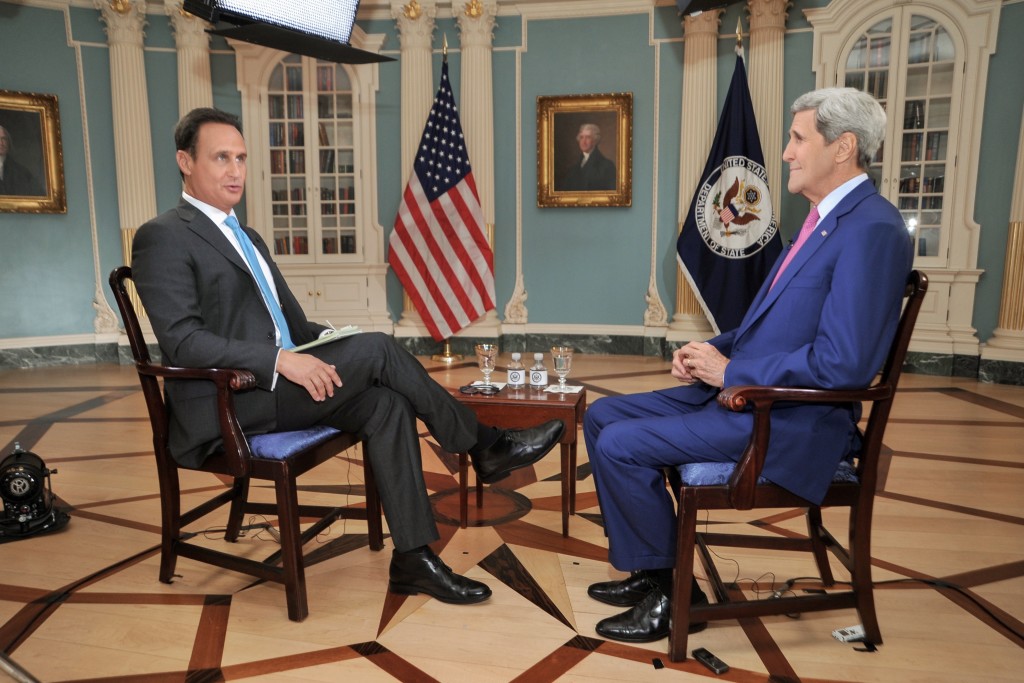Readers, thank you for all your support. I have not posted in a while, but only because recently I have had great opportunities to publish with NPR’s LatinoUSA and LatinoRebels.com.
Back on February 17, 2016, I explained the bizarre exchange between Marco Rubio and Ted Cruz. Rubio managed to get under Cruz’s skin with a comment about Cruz not speaking Spanish. Cruz, an award-winning debater, broke character and engaged Rubio. The exchange between two Cuban-Americans trying to explain who was more draconian in their immigration policies in Spanish was the collision of two competing strands in the GOP. I outlined this for NPR’s LatinoUSA. You can read the story here.
On March 7, 2016, I examined the New Yorker’s recent coverage of Latinos in U.S. politics for LatinoRebels.com. While the New Yorker has covered many issues in Latin America and has also featured Latin American authors, it has struggled with its U.S.-Latina/o coverage. While the writing was good–the signature style of the magazine–the framing was rough and uneven. You can read “The Talk of the Brown” here.
On March 14, 2016 for NPR’s LatinoUSA, I explained why the eighth Democratic debate was a historic event. For two hours that evening the seismic shift in American culture was on display and the debate was at its epicenter. Latinos tried to turn their social presence into political power that night. The debate showed that “English Only” was not a realistic policy or possibility. For two hours, Latinos showed their adeptness at linguistic and cultural code-switching. For two hours, Latinos turned Spanish into the official language of American politics. You can read my analysis of the cultural and historical importance of the debate here.
I will continue to blog right here and will continue to publish with these top-notch outlets. Keep checking-in for more commentary and cuentos.
